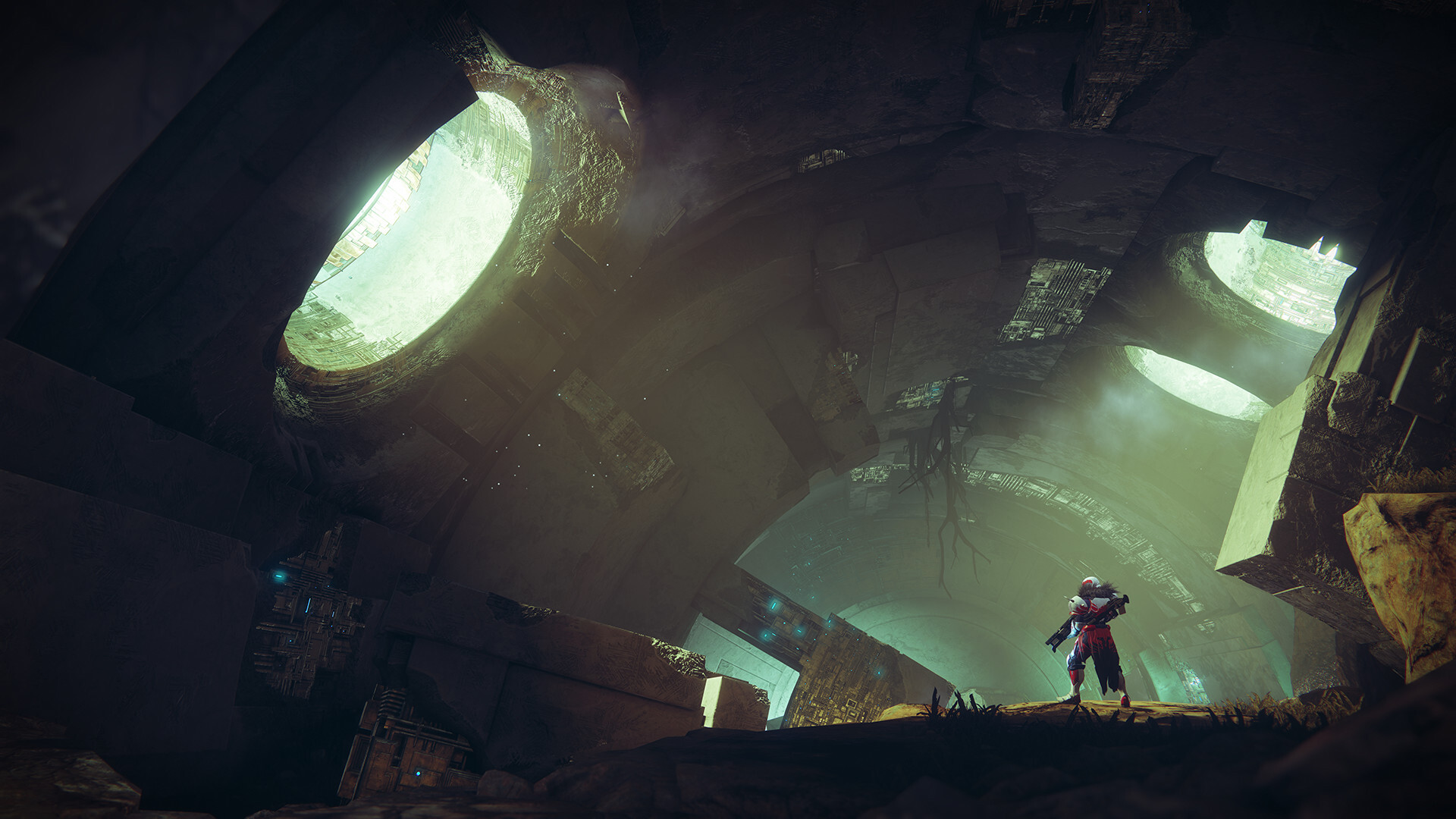From Fortnite to World of Warcraft, these are the top 10 video games that just won’t quit. A playful look at the titles that outlast trends, sequels, and even common sense.
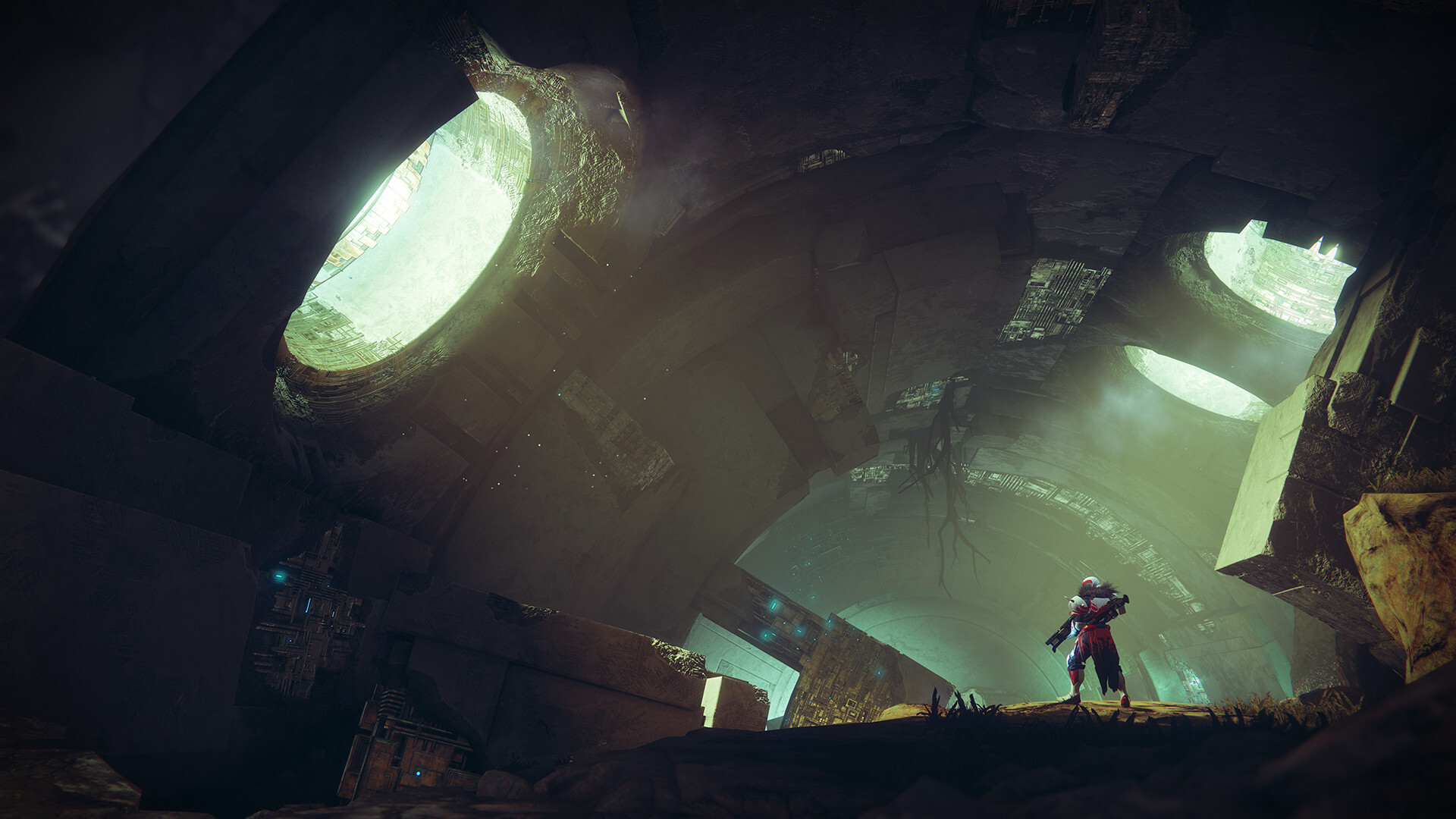
Some games fade away quietly, lost to time and better graphics. Others? They simply refuse to die — clinging to our hard drives and social circles like pixelated legends that just won’t log off. From 2000s LAN party classics to modern battle royales that still dominate Twitch, these titles have defied the expiration date every franchise secretly fears.
So, what gives these games such immortality? Maybe it’s nostalgia. Maybe it’s a perfectly tuned gameplay loop. Or maybe we’re all just emotionally unavailable gamers who can’t let go. Either way, these digital undead deserve their spot in the Hall of “Still Here, Still Kicking.”
Counter-Strike 2
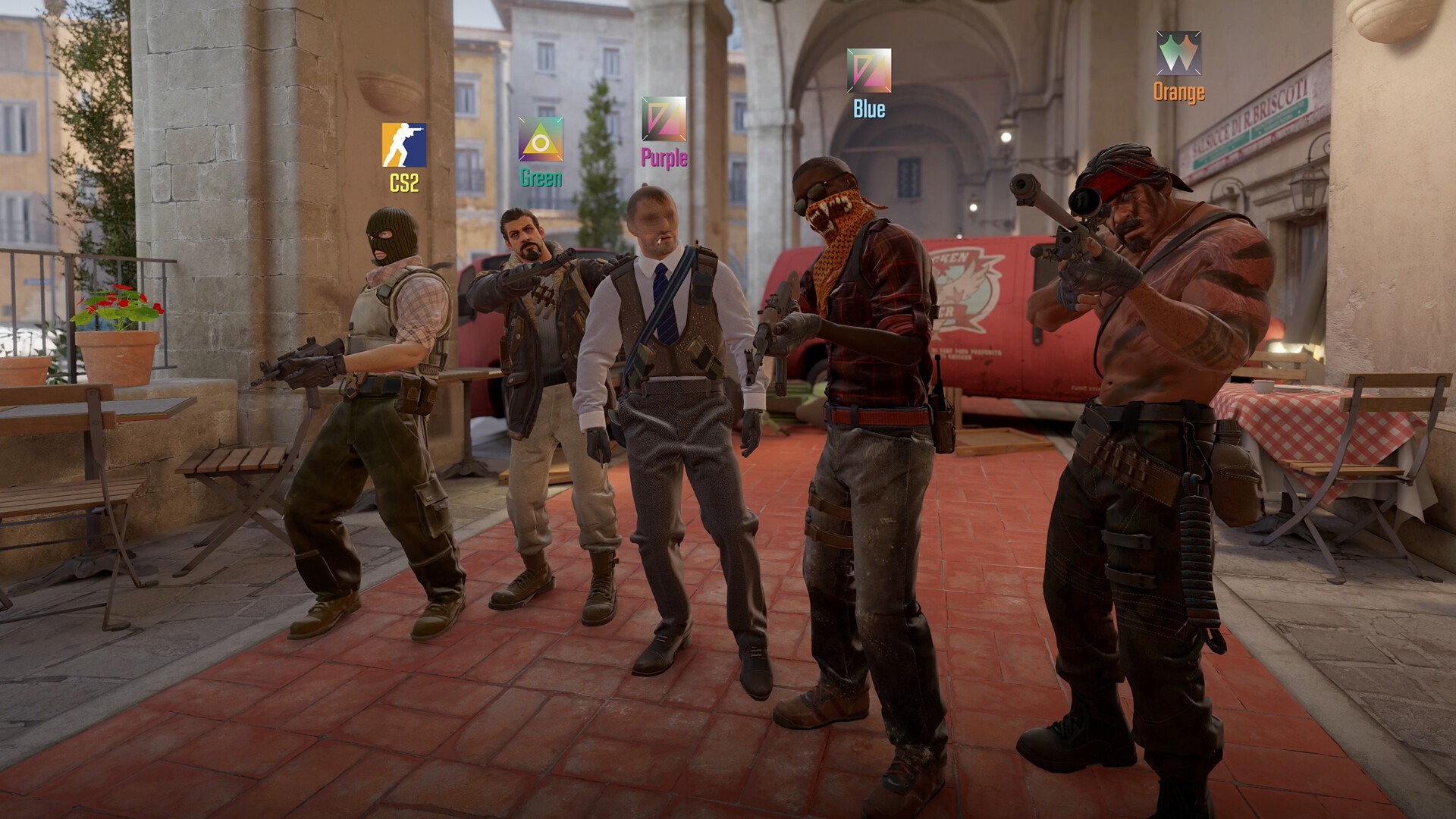
There’s something almost comforting about hearing the same “bomb has been planted” line echo through a game that’s been around longer than some of its players. Counter-Strike 2 isn’t just a sequel — it’s a passing of the torch that somehow feels like the same old flame. The new Source 2 engine makes the bullets prettier, the smoke thicker, and the rage-quits fancier, but at its core, it’s still the same tactical ballet of headshots and heartbreak. Valve didn’t need to reinvent the wheel; it just polished it until it gleamed. The esports scene, the trading economy, and the community memes are doing the rest. You can update graphics all you want — you can’t patch out the addiction. And honestly, would we even want to?
Destiny 2
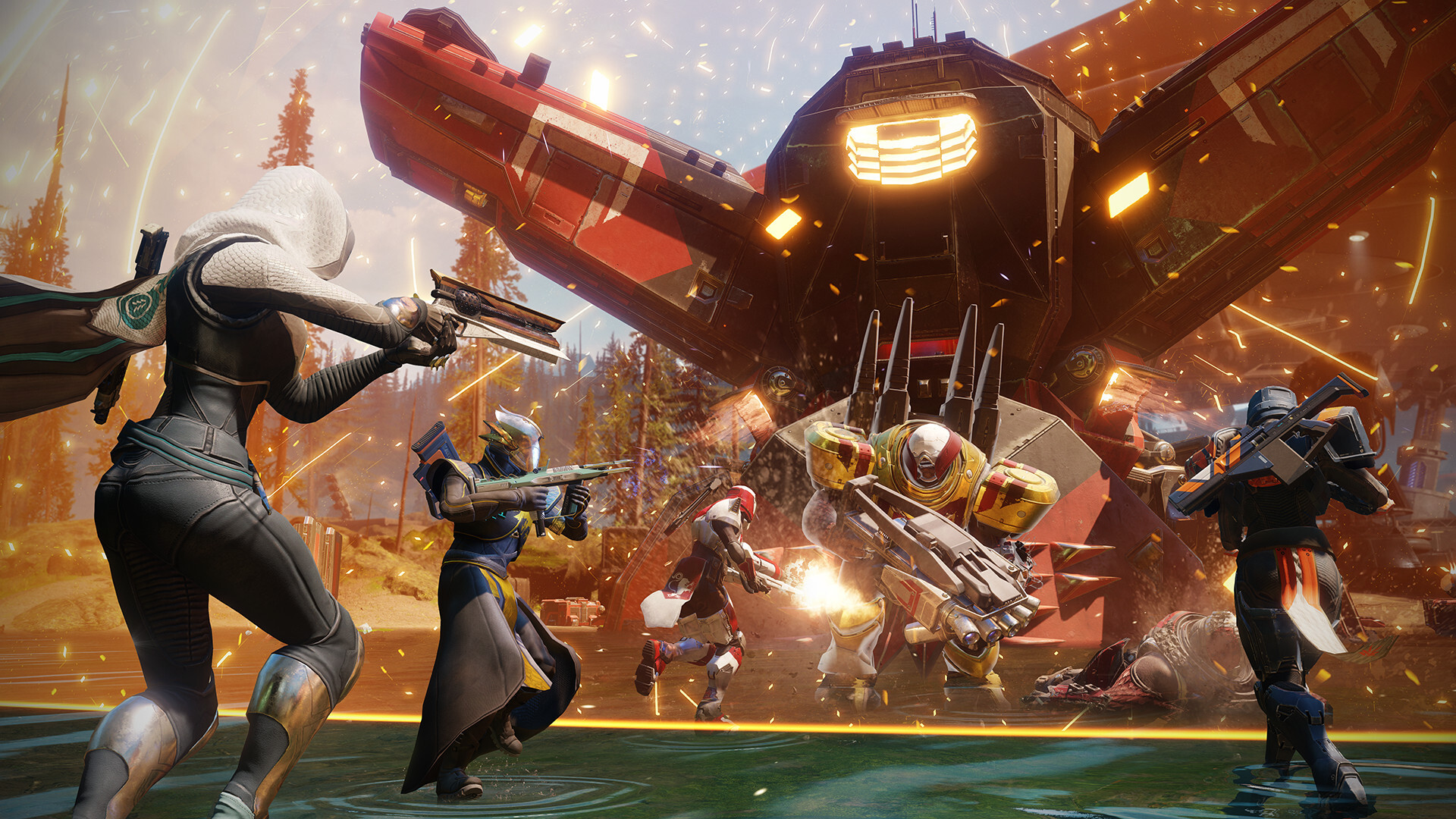
You know a game has staying power when players have turned “just one more strike” into a lifestyle. Destiny 2 has lived multiple lives since its 2017 debut, shapeshifting through expansions, reworks, and lore drops that make Marvel look uncommitted. Bungie built a universe that feels infinite — part shooter, part space opera, and part social experiment for loot-obsessed guardians. It’s messy, dramatic, and sometimes frustrating, but it’s also hypnotic. The promise of that perfect exotic drop still keeps players grinding long after bedtime. Destiny 2 isn’t aging; it’s evolving, like a Lightbearer who refuses to respawn anywhere else.
Fortnite (2017)
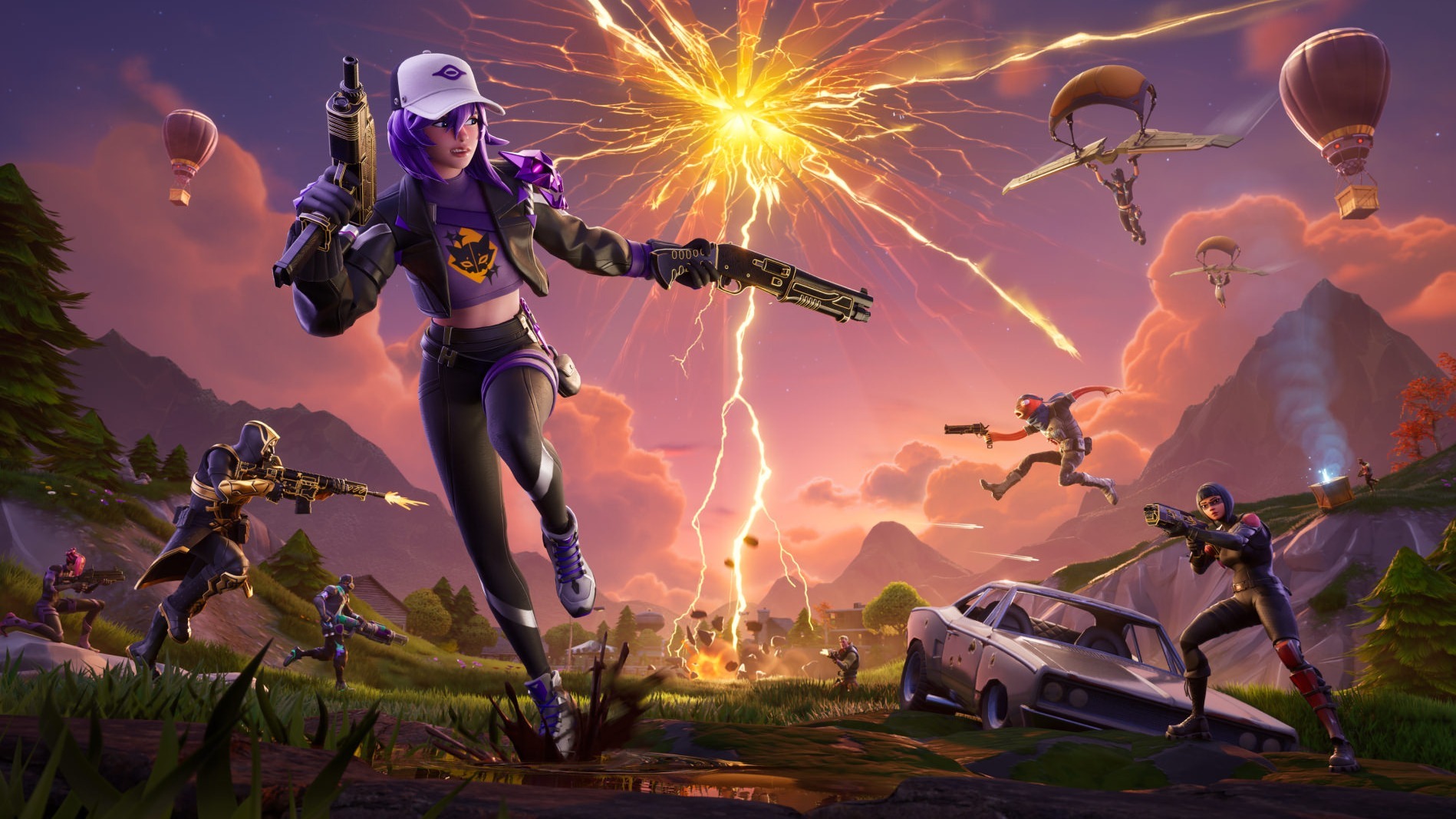
Fortnite isn’t so much a game as it is a pop culture black hole that consumes everything in its orbit — and somehow makes it fun. Since 2017, Epic Games has turned this chaotic sandbox into a constantly shifting stage for concerts, movie tie-ins, and whatever weird crossover you didn’t see coming. It’s absurd, it’s loud, and it’s absolutely brilliant at keeping you curious enough to log in “just to see what’s new.” Beneath the flashy skins and viral dances, there’s still a rock-solid shooter that rewards skill as much as style. Fortnite doesn’t age; it molts. Each new season peels off the old trends and throws something even more ridiculous your way. That’s why it’s still everywhere — and probably always will be.
No Man’s Sky (2016)
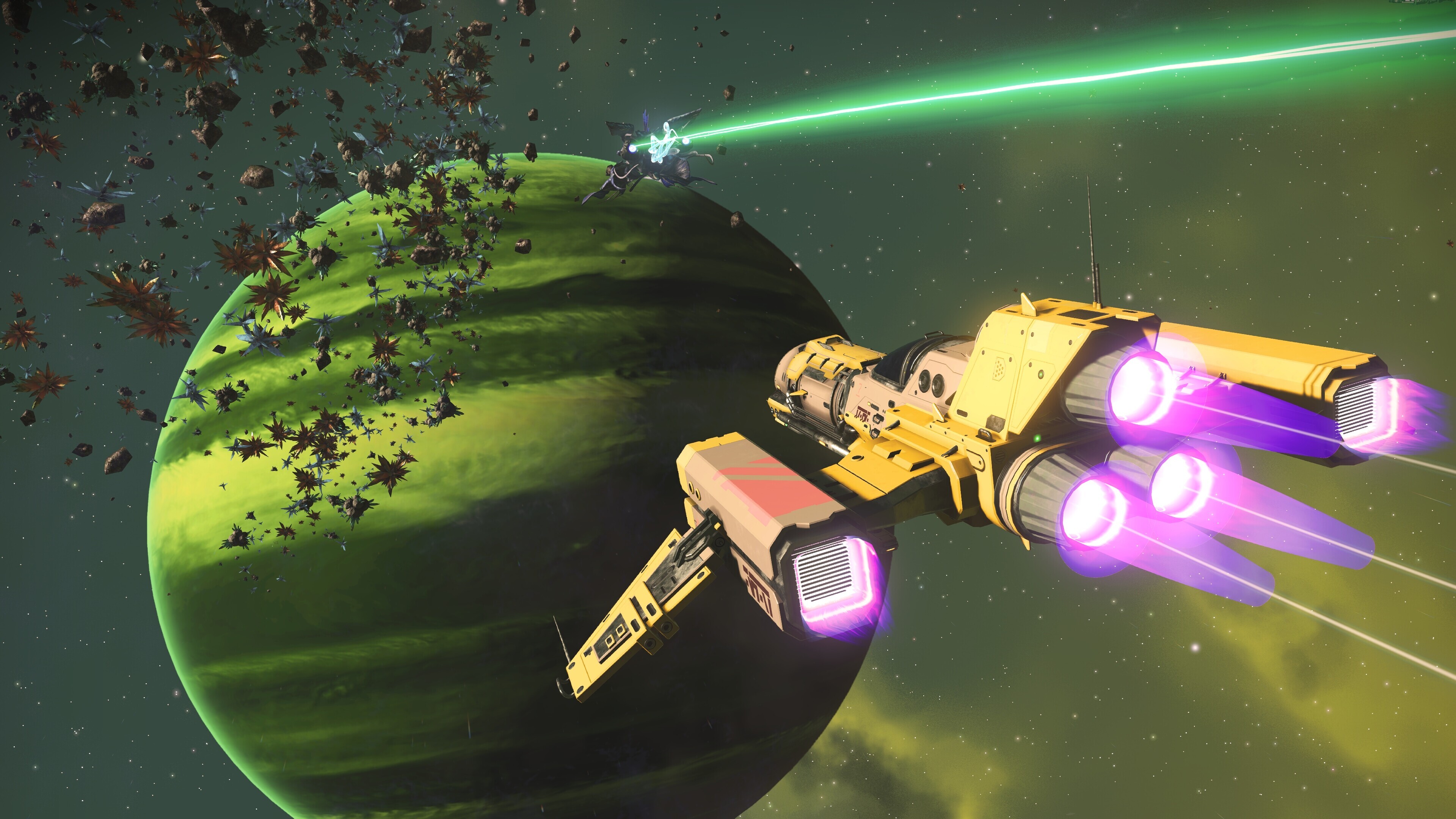
It started as one of gaming’s most infamous overpromises, and somehow became one of its most heartwarming redemption arcs. No Man’s Sky began as a cosmic dream that crashed on re-entry, only for Hello Games to rebuild it piece by piece until it became something truly special. Today, it’s a sprawling, vibrant universe filled with endless worlds, player bases, and a community that never stopped believing it could get better. Every massive free update feels like an apology and a love letter at the same time. The result is a game that not only survived — it thrived against all odds. It’s proof that, with enough stubbornness and stardust, you can fix anything.
Grand Theft Auto Online (2013)

Ten years later and Los Santos is still the internet’s most chaotic playground. GTA Online has become less of a mode and more of a lifestyle — part heist simulator, part improv comedy, part virtual economy that somehow still outpaces real ones. Rockstar keeps tossing new cars, missions, and crimes into the mix like a chef who refuses to close the kitchen. It’s an endless loop of nonsense and genius, and somehow it still feels fresh even after countless updates. Maybe it’s the freedom, maybe it’s the absurdity, or maybe it’s just the joy of blowing up your friend’s overpriced yacht again. Whatever the reason, this city refuses to sleep — and neither do we.
Minecraft (2011)
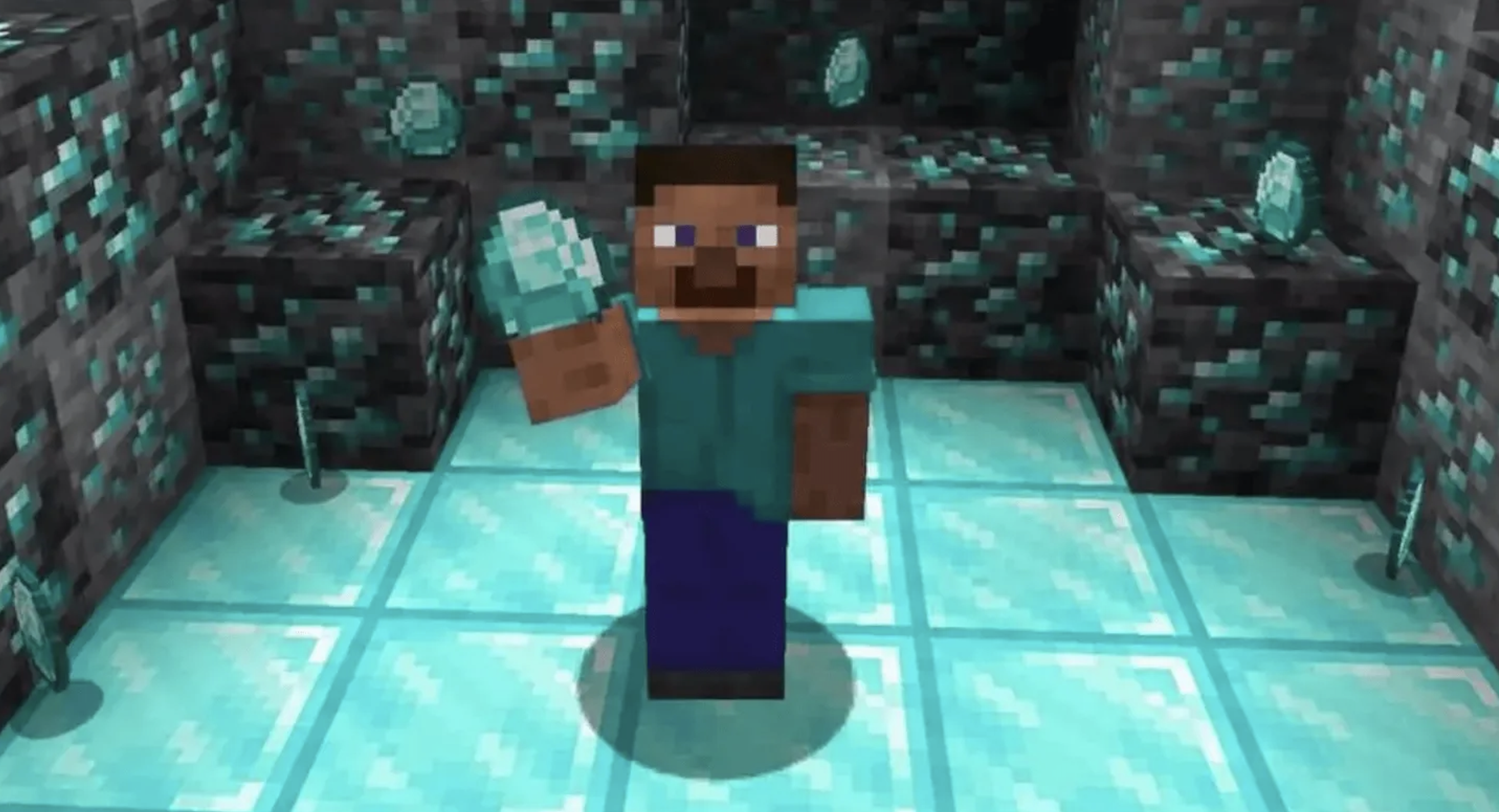
Somehow, a game that looks like a box of digital Lego still manages to outlive and outsell nearly everything else. Minecraft’s magic lies in its simplicity — a survival sandbox that lets players build, destroy, explore, and accidentally set fire to their wooden houses since 2011. Mojang didn’t just create a game; they created an entire creative ecosystem where every block is a blank canvas and every update is a new universe. From kids building castles to adults engineering computers inside the game, its replayability borders on witchcraft. The fact that it remains one of the most streamed and sold games over a decade later says everything. Minecraft isn’t a fad — it’s a generation’s imagination rendered in pixels.
The Elder Scrolls V: Skyrim (2011)
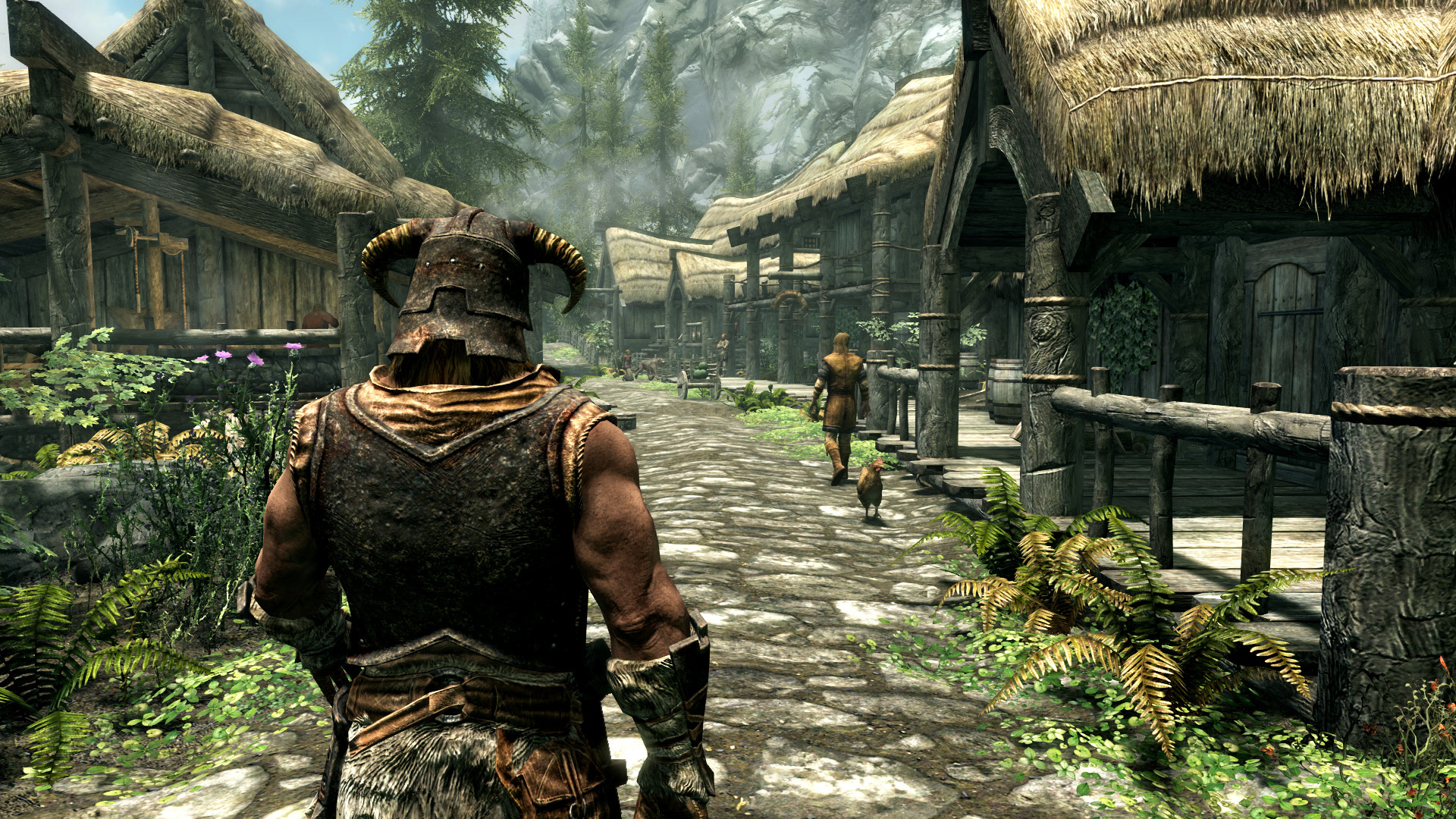
If video games could collect retirement checks, Skyrim would still be clocking in for work anyway. Released in 2011, Bethesda’s fantasy epic refuses to fade away, partly because it’s been re-released on every console known to humankind — and probably a few toasters. But that’s the thing: the charm still holds. Dragons still roar, bards still sing off-key, and somehow we still end up stealing cheese wheels for no reason. The modding community turned Skyrim into an eternal fountain of chaos and creativity, ensuring there’s always something new to discover. It’s not nostalgia keeping it alive — it’s the fact that no one’s quite managed to capture that same weird, beautiful magic again.
League of Legends (2009)
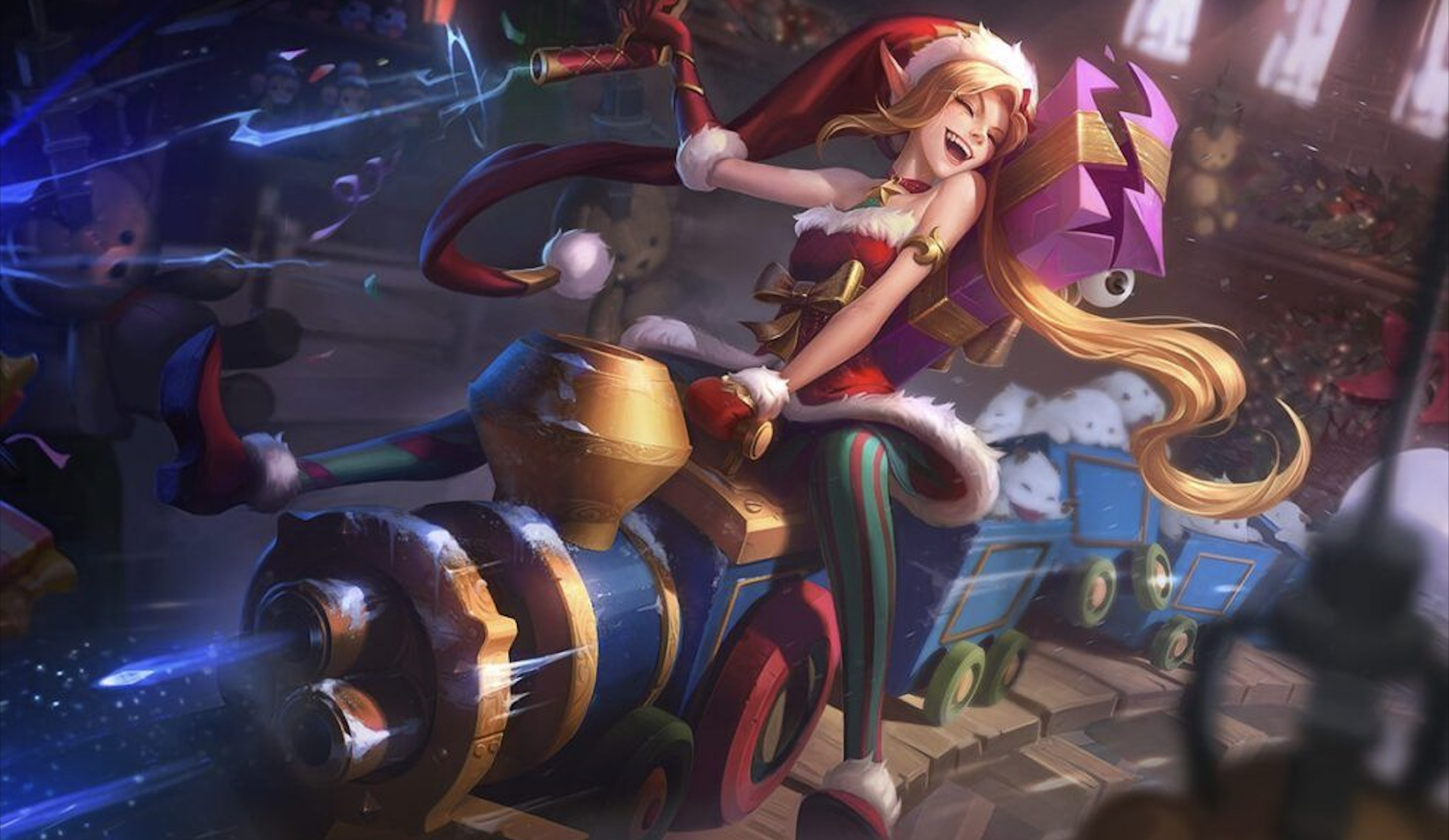
It’s loud, it’s toxic, it’s endlessly addictive — and we love it anyway. Since 2009, Riot Games’ League of Legends has ruled the MOBA genre like an overconfident king who knows no challenger can dethrone him. The secret? Constant reinvention. New champions, evolving metas, and flashy esports events that make Super Bowls look small all keep the blood pumping. Even when players rage-quit, they inevitably crawl back to the Rift for “one more match.” There’s just something about the rush of a perfect combo or a clutch teamfight that no other game quite replicates. League isn’t just surviving; it’s thriving on pure competitive chaos.
Team Fortress 2 (2007)
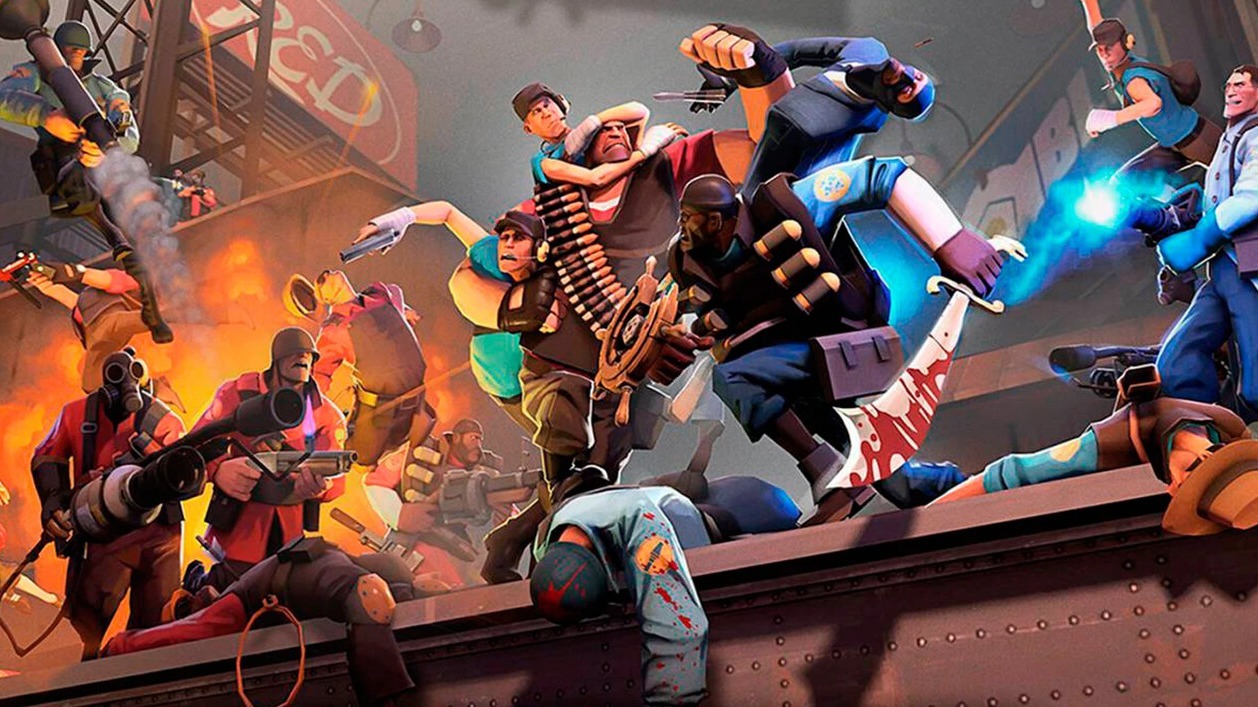
At this point, Team Fortress 2 is basically gaming’s version of a sitcom that never got canceled — it just keeps airing reruns everyone still laughs at. Released in 2007, this class-based shooter from Valve paved the way for modern multiplayer design with its humor, distinct art style, and wildly balanced chaos. It’s the reason “hat economy” became an actual phrase in gaming culture. Updates may have slowed to a crawl, but its community remains unstoppable, keeping servers alive and memes fresher than they have any right to be. Somehow, TF2 still feels alive, still feels fun, and still feels uniquely itself. Valve might have moved on, but the fans never did.
World of Warcraft (2004)
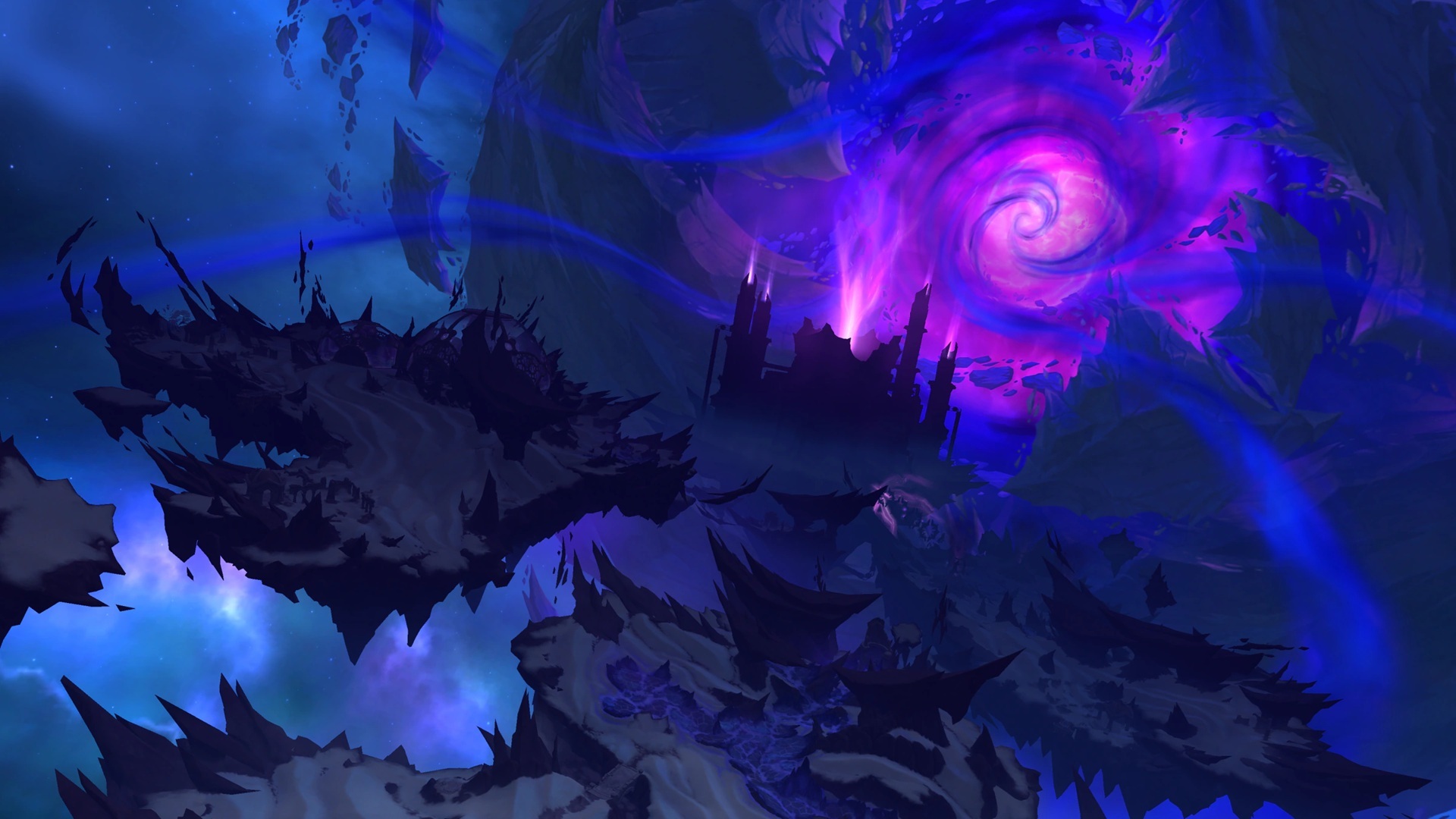
Before battle passes and daily log-in rewards, there was just you, your guild, and an absurd number of orcs. World of Warcraft didn’t just define an era — it created it. Since 2004, Blizzard’s MMORPG has been home to millions of adventurers who’ve slayed dragons, gotten lost in raids, and maybe ruined a few sleep schedules. It’s evolved with expansions, reboots, and nostalgic throwbacks, but that core magic — the feeling of stepping into Azeroth for the first time — never faded. Even now, new players join while veterans stick around, forever chasing that perfect drop or guild victory. Call it habit, call it loyalty, but this world just refuses to log out.


































